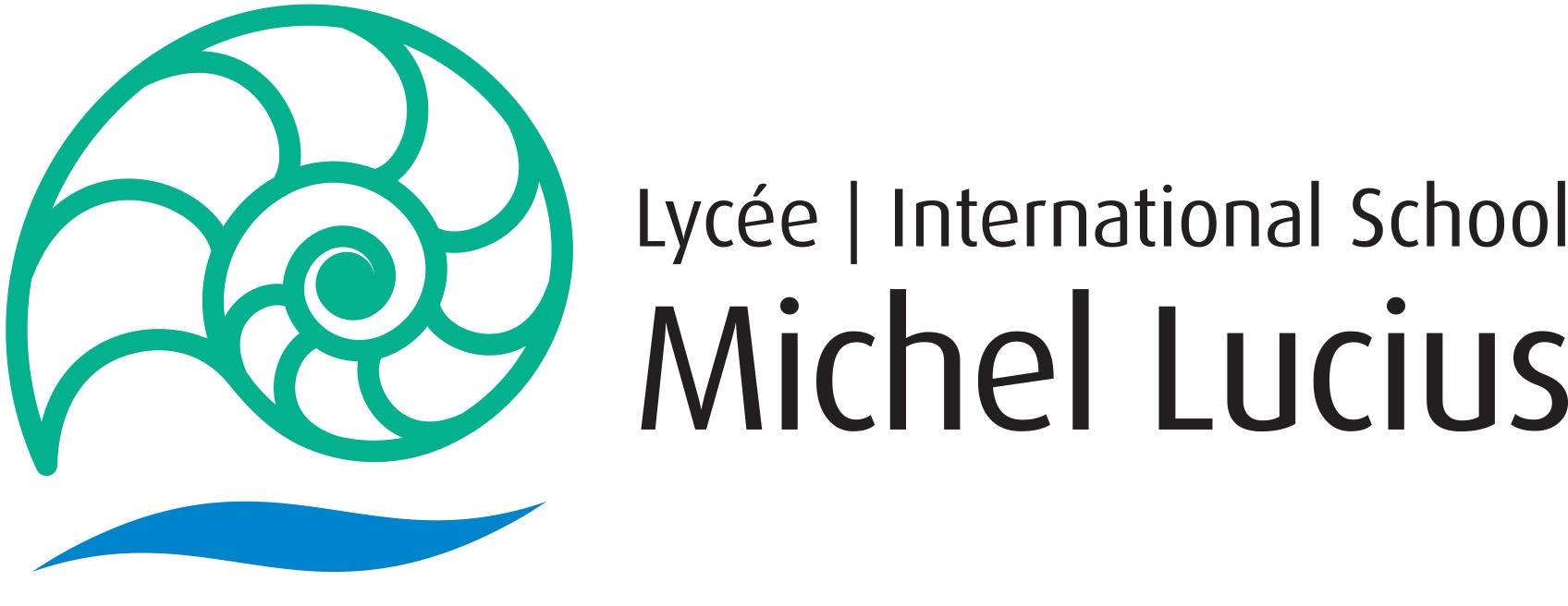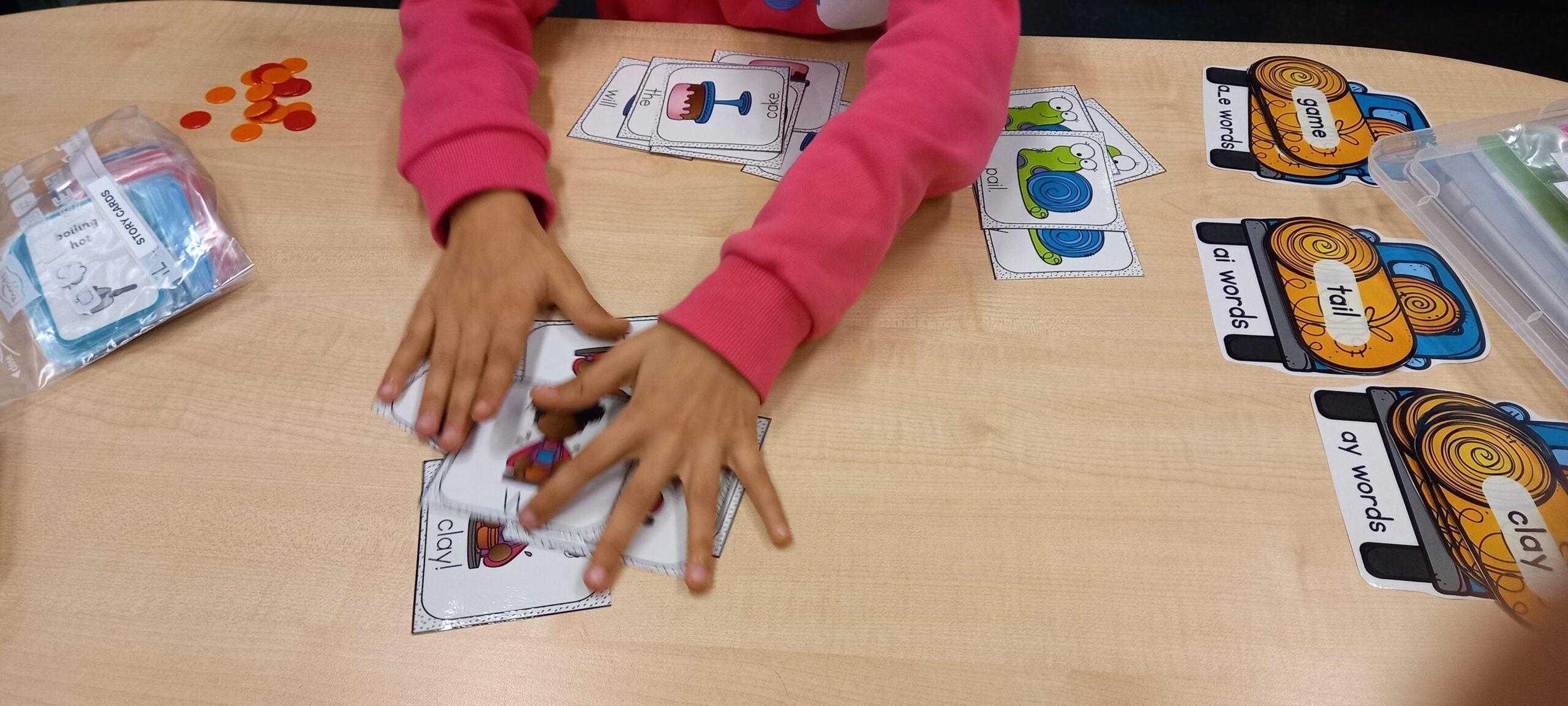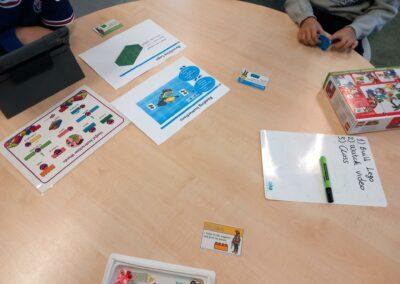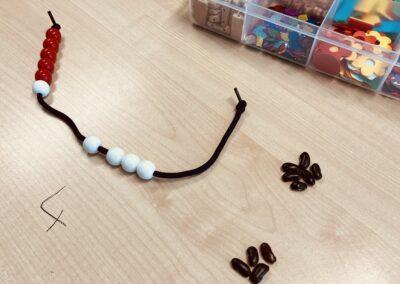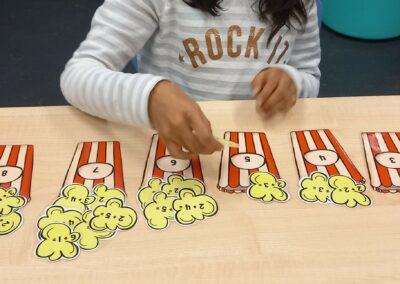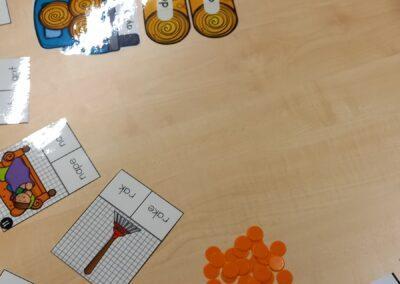At ISML, our mission is to provide an inclusive education for all learners and their individual needs. Our student population is highly diverse and we recognise that every child has a uniquely different learning profile. Valuing this diversity and responding positively to this difference is central to our approach to inclusion and learning support.
In ensuring inclusive education, we aim to meet the following objectives:
- To establish inclusive high-quality teaching as the responsibility of all teachers and the right of all learners
- To ensure that high expectations are maintained for all learners
- To provide all learners access to the curriculum and extra-curricular activities through
differentiated learning and teaching - To clarify the nature and range of additional educational needs (AEN)
- To recognise that child development is highly dynamic, rapid, uneven, episodic, and strongly influenced by the environment
- To value the holistic development of all learners by fostering their physical and emotional wellbeing, confidence, independence, and resilience
- To ensure a high level of staff expertise, required to meet the needs of all learners through effective continued professional development
- To establish and implement procedures and strategies allowing for the creation of an inclusive learning environment.
ISML operates a widely accepted Graduated Approach model, and implements the cyclical four-stage ‘assess, plan, do, review’ cycle, to support learners with special educational needs and disabilities (SEND). As part of the overall graduated approach to providing support, we consider inclusive high quality teaching as the first step in responding to pupils who have, or may have, SEND.
In those instances where pupils require academic, social emotional and/or wellbeing support beyond high-quality teaching or regular pastoral practices, additional help is provided through a continuum of support. Each student’s strengths and needs are considered on an individual basis and appropriate support measures for cognitive, social, psychological needs and/or behavioural learning are put in place.
The ESEB (équipe de soutien des élèves à besoins éducatifs particuliers ou spécifiques) or Learning Support department at ISML consists of a multi-disciplinary team, specialising in the following areas:
- Providing targeted support and advice with regards to psychological, social and educational wellbeing
- Promoting whole-school health and wellbeing
- Inclusion
- Social equality
The process of identification and assessment of learners’ needs, and provision of support, is through a whole school coordinated approach, with the homeroom teacher working closely together in partnership with colleagues, the learner, the parents, and in cooperation with outside professionals where appropriate.
In line with state schools, ISML has a legislated body, under the title of Commission d’inclusion scolaire (CIS), which is responsible for making recommendations and taking decisions regarding additional support measures than can be implemented at the school level. Where further provision is needed, ISML collaborates with a range of school-external partners.
ISML’s approach to supporting all learners are guided by the principles and actions outlined in the ISML Inclusion Policy and Pastoral Care Policy.
